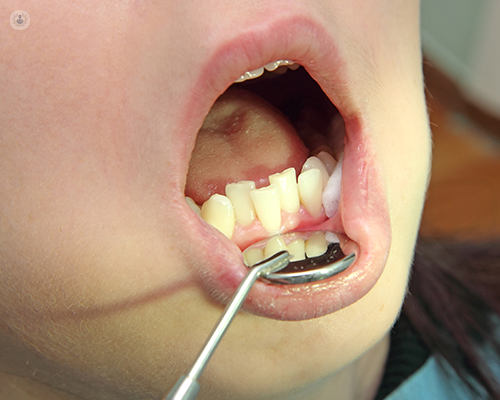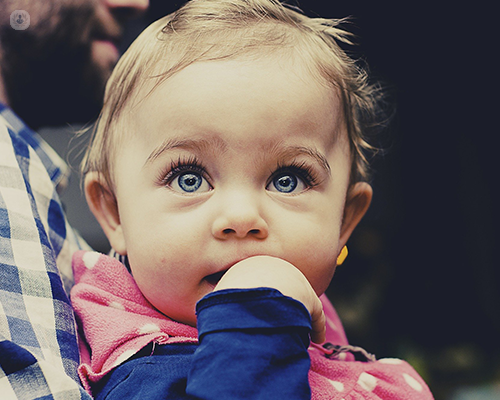Having concerns about your child’s teeth? Sometimes, dental and orthodontic assistance is necessary for children’s teeth to grow without irregularities, which can cause long-term issues if left untreated. Dr Moira Wong, a leading London orthodontist and founder of her own practice, Moira Wong Orthodontics, is on hand to guide you in considering if your child needs braces.
What signs indicate that my child needs braces?
From when your child is around six to eight years old, you can start looking at your child’s teeth for signs that they need braces. To spot signs that they might need braces, you’ll be looking at the four lower front teeth and four upper front teeth and checking if you can notice anything untoward in terms of their positioning.
Examples of untoward positioning are:
- Four lower teeth: Quite often, what presents in the four lower front teeth is that they are positioned very close to the tongue and are crowded. This means that a child could literally have one tooth in front of the other – it almost looks like two rows of teeth.

- Four upper teeth: At the top of the mouth, you may find sometimes that the upper front two teeth have a wide space between them, resulting in not enough space for adjacent teeth. Or, it may be that the upper front teeth stick out a long way.
Also, if your child bites their teeth together and a lower tooth (or several lower teeth) bites in front of the upper teeth, this is referred to as a crossbite.
Furthermore, if your child has habits like sucking their thumb and hasn’t stopped, I highly recommend you and your child visit their orthodontic dentist to prevent long-lasting damage to your child’s teeth.

How young is too young for braces?
I think it’s not an age thing, but rather it depends on your child’s dental development. The stage in which they’re most likely suitable for some types of braces is when they have all four front upper and lower teeth.
Some children have all four front bottom and top teeth by the time they’re seven and for others, we could be waiting until they’re nine. The average age is about seven to eight years old, but some children’s teeth appear at the age of six or nine.
What types of braces are suitable/unsuitable for children?
I think what’s suitable depends on the problem and the movement we need to achieve. Essentially, on each child’s individual tooth positioning.
Quite often, a removable appliance is suitable for a young child. It has the advantage of being able to remove it to keep it clean, particularly in young children (seven to eight). However, sometimes we need to work with expanders that may work better with a fixed appliance.
Furthermore, it would definitely be judged on the young patient’s personality and guided by their parent. We look at all the factors.
Can children have invisible aligners?
Because children’s teeth have a very short clinical crown while they’re young, it’s usually difficult to use invisible aligners on children. I find that as it covers the teeth and gum, it’s not as hygienic as an appliance that doesn’t cover the tooth completely.
How long do they need to wear braces?
If your child needs braces at an early stage, they’re having what’s called interceptive treatment, which usually lasts up to 12 months and is aimed at reducing the complexity of treatment later on. For example,
- In a child with crowded teeth, we’ll be creating space so that the adult teeth can erupt into a straighter position.
- In a child with a crossbite, we’ll be correcting it before adult teeth come through so that no crossbite remains.
After having interceptive treatment (also known as phase one orthodontics), a child will wait two to three years for all their adult teeth to come through and then we will assess whether they need definitive orthodontic treatment (phase two treatment).
What complications can occur with braces
- If the child has a removable appliance and they’re not conscious about it, they can easily lose it.
- If their diet is high in sugar (e.g. sugary drinks, sugary foods, sweets and chocolates) then we wouldn’t want to do orthodontic treatment because it would make them more susceptible to holes or marks in their teeth.
- Children with braces need to be careful during sports. If they have fixed braces, they’ll need a special type of mouthguard.
Having concerns about your child’s teeth? Dr Wong is able to help you and your child at Moira Wong Orthodontics, her own dental practice – click here to arrange an online or face-to-face consultation.

